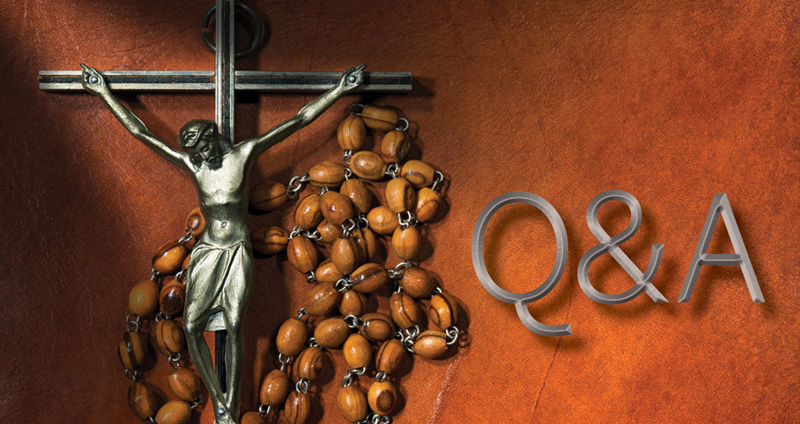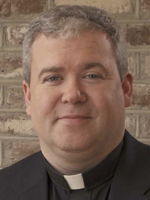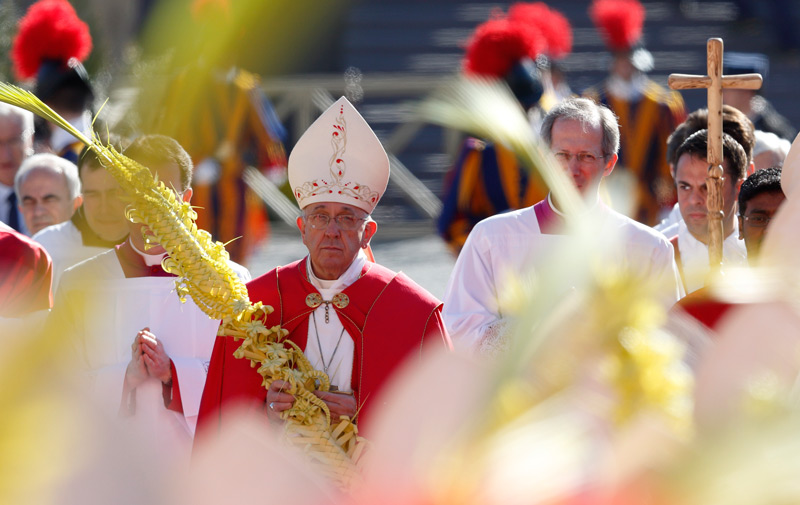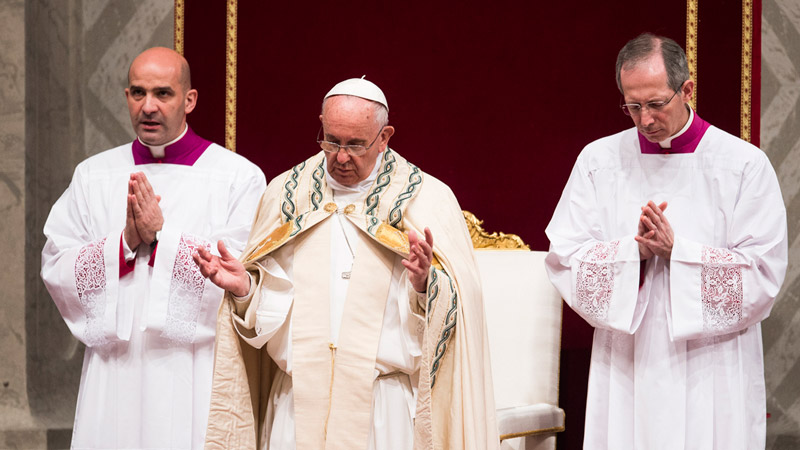
Q: In our devotional life for the dead, we pray “eternal rest grant unto them” but we believe in the resurrection of the body and soul. No one gets “eternal rest” do they? Won’t we all be awake and alert eventually? (Aiken, SC)
A: The act of praying for the dead is one of the most charitable that a Christian can offer. In offering these prayers, we are showing our belief in the resurrection of the dead and in the communion of saints, namely, that we are all united in a bond given by Jesus Christ that is above death.
And so, the ancient prayer “Eternal Rest …” is a noble one to lift up for our beloved dead.
In answer to your question, when the prayer asks for “eternal rest,” it’s asking for a freedom from the fallenness of our world and the sorrow of evil. It’s asking that the deceased members of the Church will not be sent to hell, that their time in purgatory might be swift, and that they will be admitted into paradise.
In this context, “rest” is a synonym for everlasting peace. We ask that the faithful departed find eternal tranquility and live joyfully in the presence of God.
And, yes, it’s an eternal harmony that is marked by worship, complete fulfillment, and overwhelming love.
By extension, our bodies will lie here “dust to dust,” but will be raised on the Last Day. Our bodies will join our souls in heaven, or hell.
Please God, we ask that each of us, and all the beloved dead, will join in an everlasting peace, the “eternal rest,” won for us by the Passion, death, and resurrection of Jesus Christ.
Q: As a volunteer firefighter, am I morally bound to respect a Do Not Resuscitate (DNR) order during an emergency call? Does this fall under euthanasia? (Lancaster, SC)
A: Whenever we approach end-of-life questions, we should always be attentive and sensitive to details and to the temperament of the one who’s suffering. In light of these and other considerations, it is morally acceptable to choose a DNR. In choosing it, our intention must be one that values our life, even as we choose for a natural death to be played out.
This would not be euthanasia but a decision not to accept extraordinary care (which is always morally optional).
We must be careful, however, against malicious intentions, such as, “I don’t want to live that way or with this suffering.” Such intentions are a surrender to an anti-life mentality that should be foreign to people of good will. This darker intention could make an otherwise good act into one that is akin to euthanasia.
With that said, we must always assume the best and accept when a person has chosen a DNR.
As a first responder, you are morally bound to implement a DNR when it’s specified by a patient. If the person’s intention is unethical, you don’t hold any moral responsibility for their decision.
Q: How many popes have we had? (Columbia, SC)
A: Since St. Peter, our first pope, to Pope Francis, we’ve had 266 popes. The line spans from the Galilean fisherman in apostolic times to the Argentinian pastor of the 21st century.
In many ways, this unbroken line and the consistency of the message entrusted to its care is a mark of credibility of the Gospel and its saving truths.
Father Jeffrey Kirby is administrator of Our Lady of Grace Church in Lancaster. Because he is moving on to other projects after the summer months, Father Kirby is no longer taking questions for this column.




